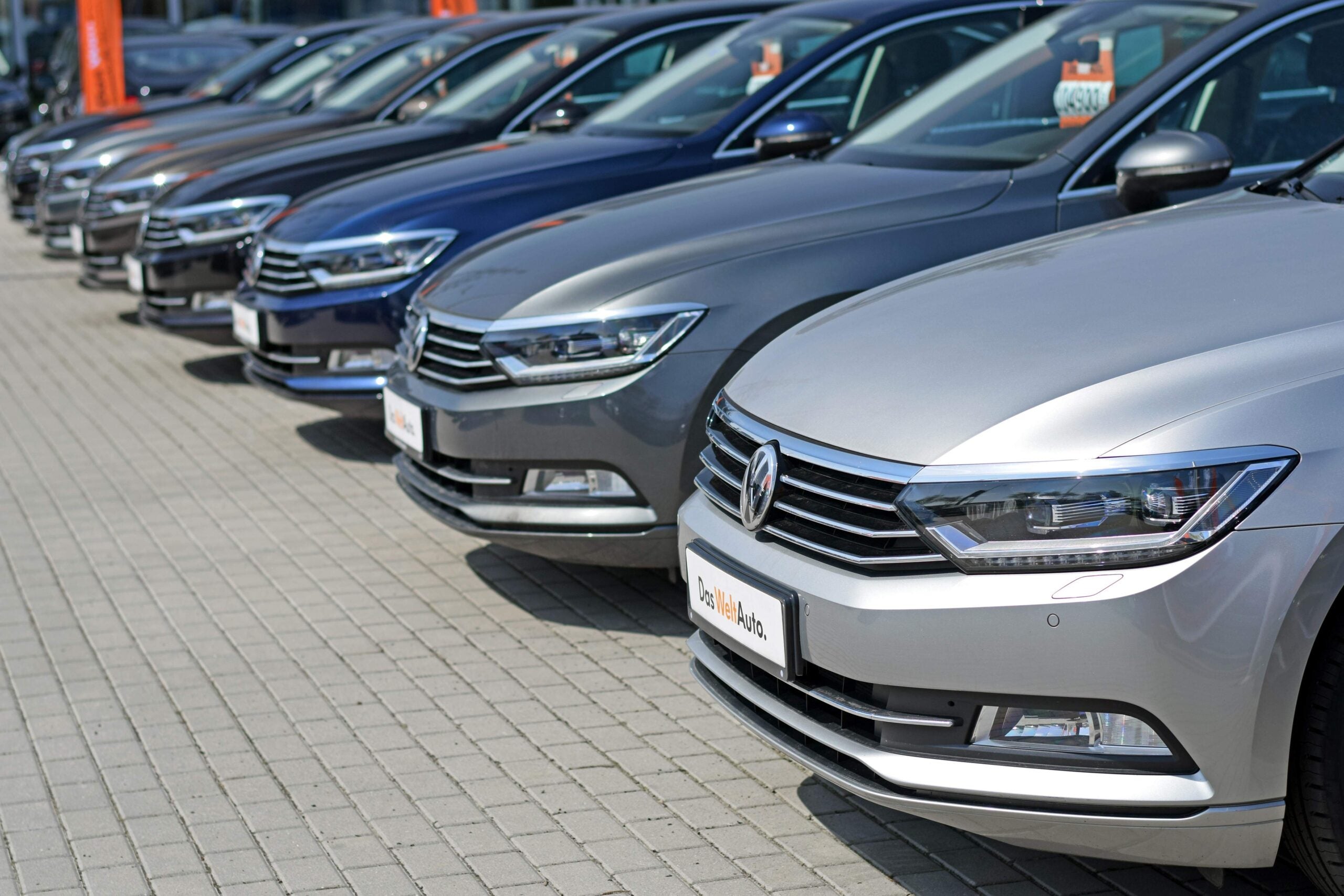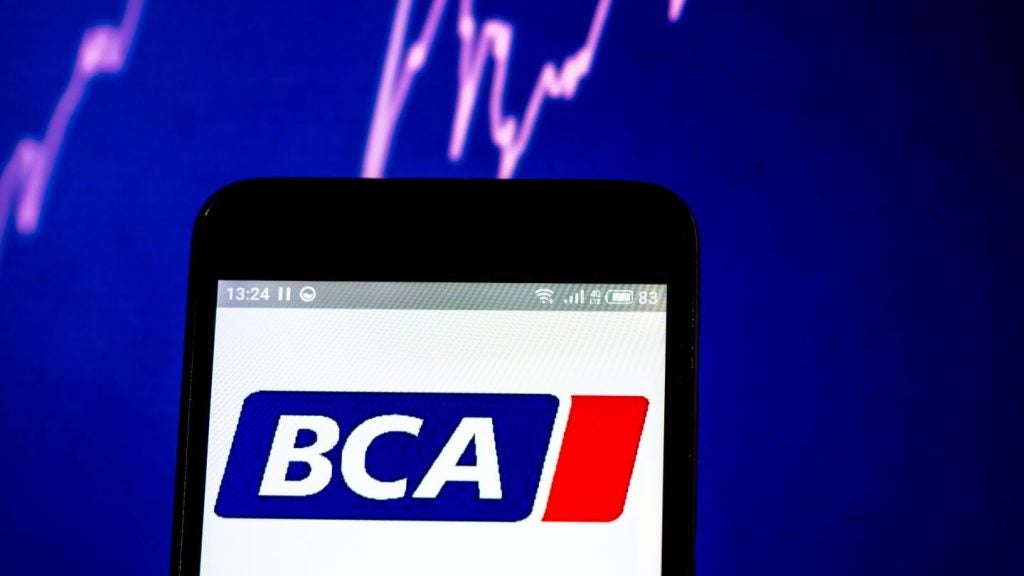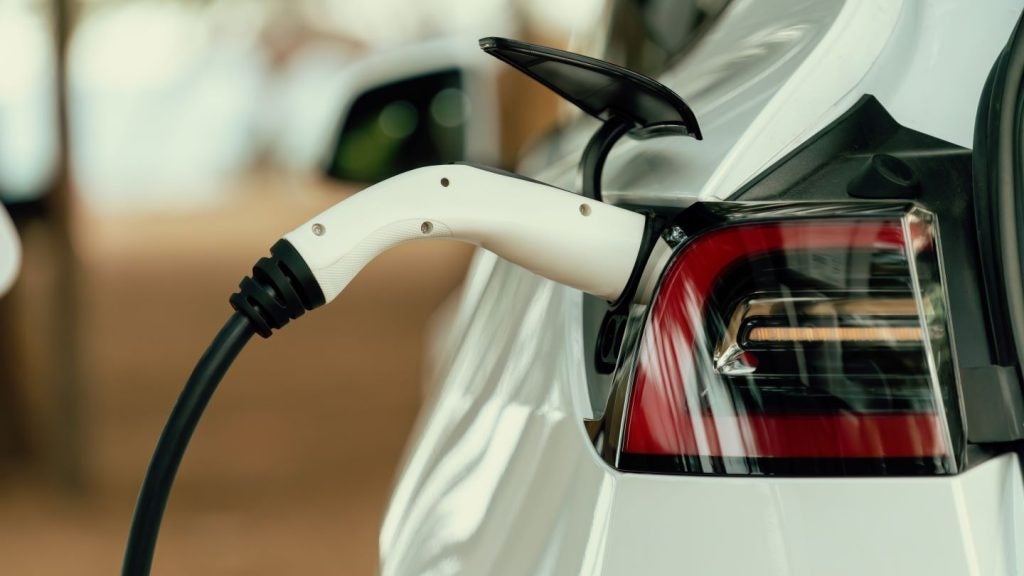
The UK’s new car market declined 6.3% year-on-year to 163,615 registrations in January, according to the Society of Motor Manufacturers and Traders (SMMT).
In a continuation of the trend from past months, diesel registered a 25.6% fall, with only 58,700 vehicles registered. Petrol, meanwhile, actually saw sales increase to 95,800, up 8.5%.
This brought diesel’s market share to 35.9%, and petrol’s to 58.6%. In January 2017, they were 45.2% and 50.6% respectively.
Alternatively fuelled vehicles (AFVs), continued their rise, with over 9,000 new vehicles registered in January, up 23.9%. This pushed AFV market share 5.5%.
Both private and fleet registrations fell, although by different magnitudes. Private registrations fell 9.5% to 69,400 units, while the decline for fleet registrations was more contained, at -1.8% to 89,500.
Mike Hawes, SMMT chief executive, said: “The ongoing and substantial decline in new diesel car registrations is concerning, particularly since the evidence indicates consumers and businesses are not switching into alternative technologies, but keeping their older cars running.
How well do you really know your competitors?
Access the most comprehensive Company Profiles on the market, powered by GlobalData. Save hours of research. Gain competitive edge.

Thank you!
Your download email will arrive shortly
Not ready to buy yet? Download a free sample
We are confident about the unique quality of our Company Profiles. However, we want you to make the most beneficial decision for your business, so we offer a free sample that you can download by submitting the below form
By GlobalData“Given fleet renewal is the fastest way to improve air quality and reduce CO2, we need government policy to encourage take up of the latest advanced low emission diesels as, for many drivers, they remain the right choice economically and environmentally.”
Julian Rance, head of motor finance at Paragon, said: “The drop in new registrations continues the decline seen last year. It follows a run of record years and, to some extent, represents a transition to a more sustainable position.
“While there’s more interest in electric and alternatively fuelled vehicles, there’s not enough choice or infrastructure yet to support fleet buyers and high mileage consumers looking for a diesel alternative. If we’re going to ensure a smooth transition, we need a long-term plan supported by government, manufacturers and infrastructure providers.”
Ashley Barnett, head of consultancy at Lex Autolease, said: “It’s not surprising to see a decline in new vehicle registrations as we see continued media coverage around emissions, businesses planning for the year ahead and gearing up to March’s number plate renewal.
“We’re still seeing a good level of interest from the SME market with businesses taking advantage of beneficial offers in the marketplace.
“While it’s encouraging to see the trend towards ultra-low emission vehicles continue, diesel is likely to remain the most practical option for high-mileage drivers. Range anxiety is still a very real concern and we need to see rapid improvement to the UK’s charging infrastructure before drivers are prepared to opt for electric. Particularly in light of the government’s aim for all new vehicles on UK roads to be electric and hybrid by 2040.”







